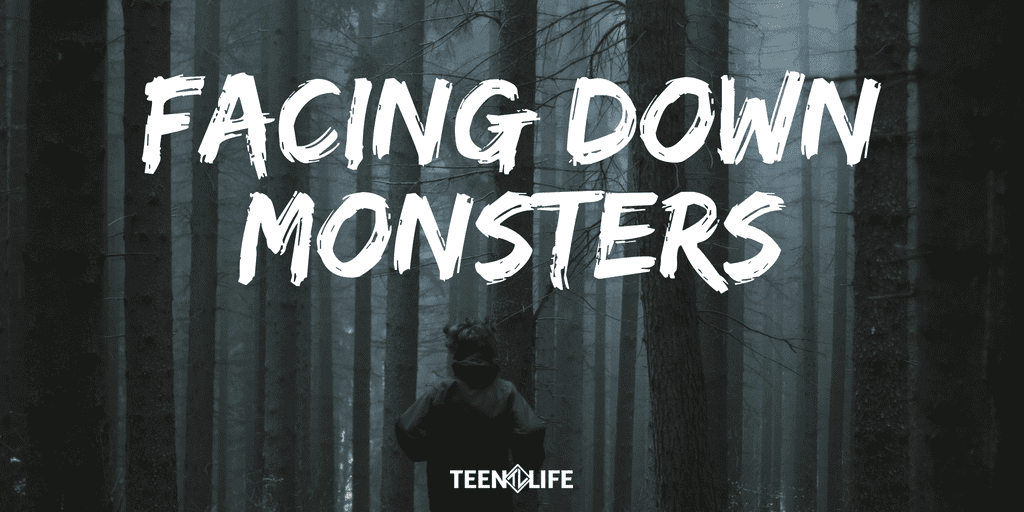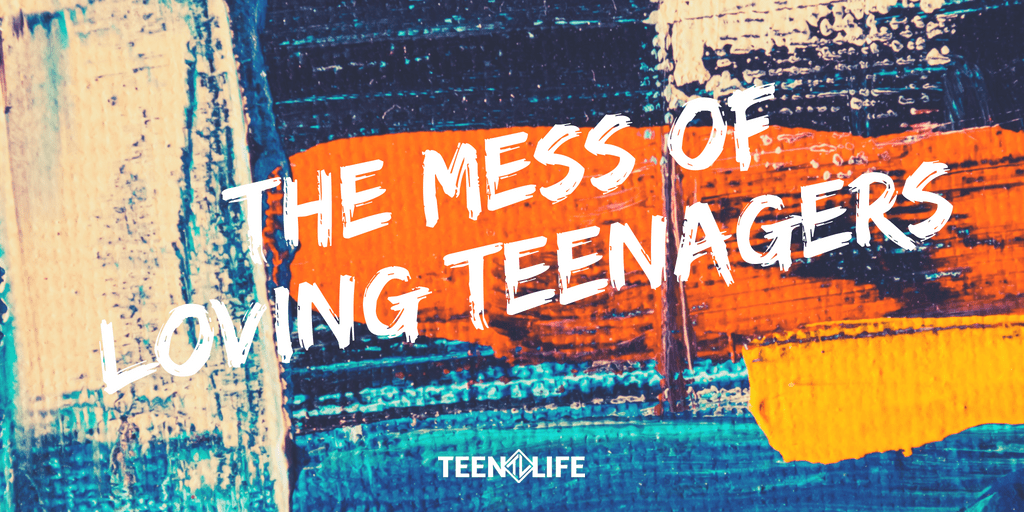
3 Ways to Follow Through
Saying nice things to teenagers is easy…following through is the hard part!
How are you doing?
We should get lunch sometime.
I want to hear about ____ next time I see you!
I am praying for you.
What can I do for you?
How many times have you said or asked a teen something similar? How many times do you actually follow up and go to lunch? Do you ask them about that conversation a few months down the road? Do you remember that anniversary or date that means something to them?
Recently I went to lunch with a teen who talked about the power of following through. In the midst of loss, she needed people who would actually show up. Who would stop right there and pray for her. Who would send follow-up texts telling her they were thinking of her. Who would ask about lunch and make it happen. She said the nice things people said meant nothing if they weren’t backed by actions.
I have a confession. I am guilty of this. I have relationships with many students that I counseled at camp, volunteered with, or have been invested in for years. When they come back from college, I tell them we should get lunch. When they graduate high school, I say I want to hear about their plans. I tell them to call or text me if they need anything. In theory, I am saying and doing all the right things, but do I really expect that teen to call me when they get overwhelmed the first week of school or when they get in a bad situation with friends? Have I shown that I am worth calling? Or have I only shown that I can say nice things but am too busy to check in when it counts?
Ouch.
Writing that hurts. Maybe it even hurts for you to read?
But we can change that! We can be better, more supportive, and more invested. Here are three easy ways to follow through and mean it.
Be specific.
If you are going to ask a question, ask if you can do something specific. Instead of, “How can I help?”, ask things like, “Can I take you to lunch next week?” “Can I drive you to your next counseling appointment?” “Can I visit the grave of your loved one with you?” “Can I bring you a Sonic drink during your next shift at work?”
Let them know what you will do and when you will do it. If they aren’t ready for your help yet, they will let you know, but they will also know that you care and that you are trying.
Follow through in the moment.
Similar to the previous point, instead of setting some hypothetical lunch date in the future, get out your calendar and find a day that will work. If you are telling a teen that you will be praying for them, stop right there and pray for them before they leave. When texting a teen about something that is going on, ask if you can call right then instead of putting off the conversation.
We all get busy – teens and adults alike. Instead of using busyness as an excuse, get in the habit of only making promises that you will actively schedule time for when you make the commitment.
Check in down the road.
So you went to lunch. You prayed. You asked the right questions, and showed up at the right time. You are awesome! But more than showing up in the moment, we have to be willing to follow up down the road.
A year after their friend died, check in and let them know you are thinking of them. If a parent died, ask if you can come over on a birthday, Mother’s/Father’s Day, or ask if they need someone to take pictures before prom or go dorm room shopping. If they mentioned that they are seeking counseling, ask how that is going. Do they feel like it is helping? What have they learned? If you promised to pray for them, tell them that you are! Ask if the request has changed and how you can better pray for them moving forward.
Lately, I have had several conversations with people who said that when they were at their lowest, they don’t remember the words that were said, they remember the people who showed up. Who sent flowers. Who stepped in the gap when they knew a day or occasion would be particularly hard. Who sat beside them and just let them question, cry, or celebrate.
Teenagers need you to show up, not have all the right answers. We can do that! It might take a shift in our thinking, but let’s seek to be as intentional with our actions as we are with our words.






